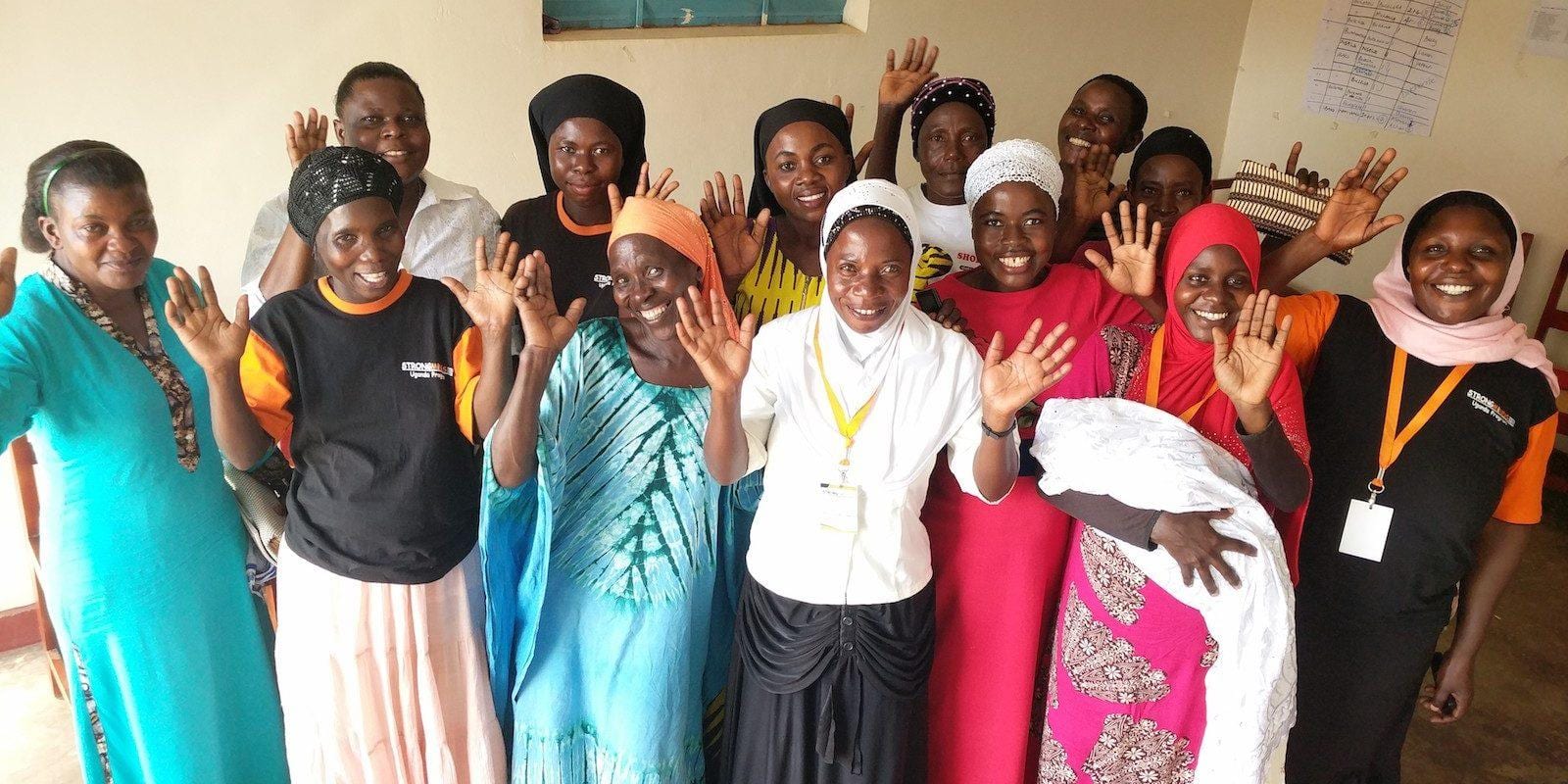StrongMinds

Location
Uganda, Zambia
Sector
Mental Health
Type of Investment
Grant
Project Stage
Length of Investment
2019-2024
Website
https://strongminds.org/
Investment Overview
A charity that aims to treat depression in women in Africa with less than $2 per day to spend on their families. StrongMinds operates in Uganda and Zambia and addresses depression by delivering facilitator and peer-led courses of Group Interpersonal Psychotherapy (or IPT-G), a cost-efficient, community-based model of depression treatment that has been created and validated by mental health experts.
The Development Challenge
Depression has negative impacts on education and literacy levels, food and economic security, productivity, and health outcomes. It is a global problem with over 300 million cases of depression, of which at least 30 million are in Africa. Depression also disproportionately affects women with one in four globally suffering. Despite one in four women suffering from depression at some point, the services to treat these women are not in place; over 85% of sufferers have no access to treatment. Despite progress, mental health remains a vastly underfunded issue area.
The Innovation
StrongMinds provides life changing mental health services to low-income African women and adolescents suffering from depression by delivering facilitator and peer-led Group Interpersonal Therapy (IPT-G) courses over 10 to 12 weeks. It delivers impressive healing rates of 71% to 95%. IPT-G was rigorously tested in a randomised controlled trial (RCT) in Uganda by Johns Hopkins University in 2002 using lay community workers with only a high school education and achieved significant reduction in depressive symptoms. Significantly, and adding to its validity, the World Health Organization has recommended IPT-G as a first-line treatment for depression in resource poor settings. StrongMinds adapted IPT-G with role-playing activities, interactive charts and visual aids, adapted to the cultures and literacy levels of their participants since starting out in Uganda in 2014. Overall, this is a relatively low intensity operational model compared to current approaches of providing mental health care through mental health professionals, and hence has great potential to continue scaling.
Our Investment
GIF’s grant of USD 1.6m supported Strongminds to significantly increase their reach through partnerships with civil society organisations and governments in Zambia and Uganda. Our investment helped to refine their IPT-G approach, develop the process, tools and capacity to develop, sustain and monitor solid delivery partnerships, and actually increase the number of partnership in place. The grant also served to institutionalise a deeper gender focus across the organisation and expand the understanding of the relationship between mental health and gender equality, especially gender based violence.
Progress to date
StrongMinds has increased the number of people, largely women, treated for depression from 22,943 in 2019 to 239,672 in 2023, double its reach in 2022. Over the grant period, they also successfully built eight new partnerships for replication of the IPT-G model with various NGO partners and government agencies in both Zambia and Uganda. StrongMinds moved from only 26% of IPT-G clients serviced by partners in 2019 to over 71% in 2023 as of end of September 2023. Amongst others, IPT-G has now been delivered by over 1k government community health workers in Uganda, and is being delivered to adolescents in government schools in both Zambia and Uganda. Likewise, StrongMinds has driven down the cost per patient from USD109 in 2019 to USD40 in 2023 improving scalability while maintaining impact, significantly improving cost-effectiveness of the model. StrongMinds also developed and rolled out a gender equality strategy and Gender Based Violence (GBV) protocol for the organisation, undertook research on mental health and gender equality and integrated insights into their model.
StrongMinds in numbers
patients treated in 2023
healing rates